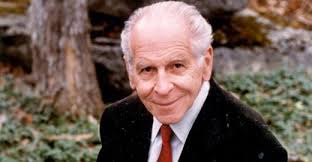Originally published October 2012
A new portrait of the founding father challenges the long-held perception of Thomas Jefferson as a benevolent slaveholder
With five simple words in the Declaration of Independence—“all men are created equal”—Thomas Jefferson undid Aristotle’s ancient formula, which had governed human affairs until 1776: “From the hour of their birth, some men are marked out for subjection, others for rule.” In his original draft of the Declaration, in soaring, damning, fiery prose, Jefferson denounced the slave trade as an “execrable commerce …this assemblage of horrors,” a “cruel war against human nature itself, violating its most sacred rights of life & liberties.” As historian John Chester Miller put it, “The inclusion of Jefferson’s strictures on slavery and the slave trade would have committed the United States to the abolition of slavery.”
That was the way it was interpreted by some of those who read it at the time as well. Massachusetts freed its slaves on the strength of the Declaration of Independence, weaving Jefferson’s language into the state constitution of 1780. The meaning of “all men” sounded equally clear, and so disturbing to the authors of the constitutions of six Southern states that they emended Jefferson’s wording. “All freemen,” they wrote in their founding documents, “are equal.” The authors of those state constitutions knew what Jefferson meant, and could not accept it. The Continental Congress ultimately struck the passage because South Carolina and Georgia, crying out for more slaves, would not abide shutting down the market.
“One cannot question the genuineness of Jefferson’s liberal dreams,” writes historian David Brion Davis. “He was one of the first statesmen in any part of the world to advocate concrete measures for restricting and eradicating Negro slavery.”
But in the 1790s, Davis continues, “the most remarkable thing about Jefferson’s stand on slavery is his immense silence.” And later, Davis finds, Jefferson’s emancipation efforts “virtually ceased.”











